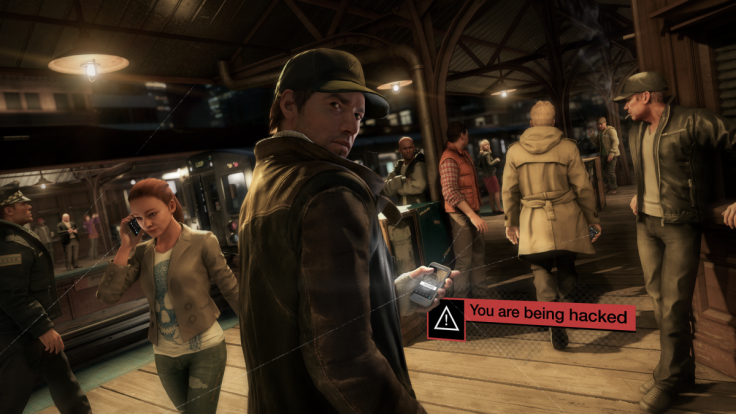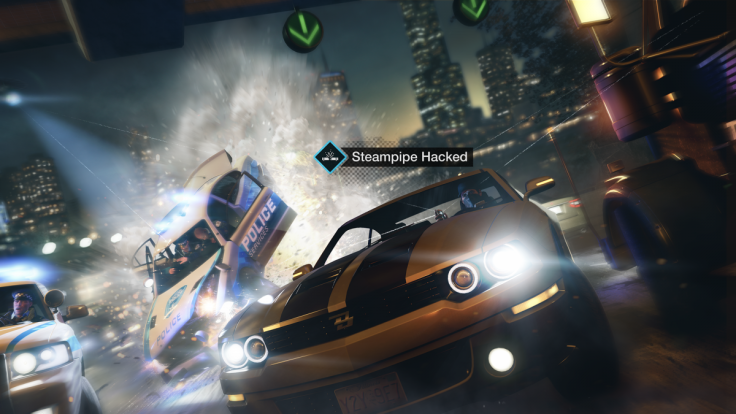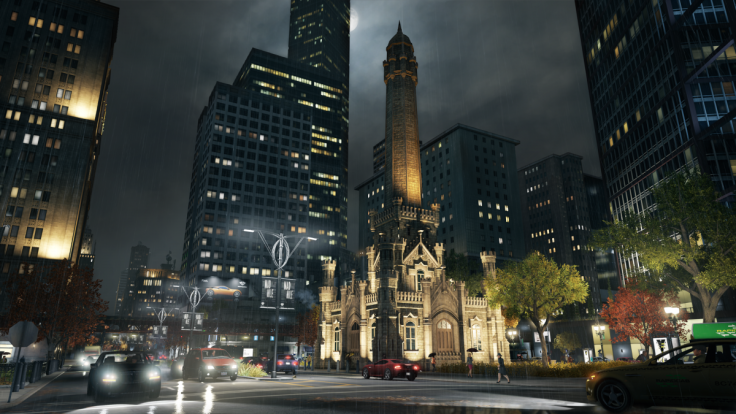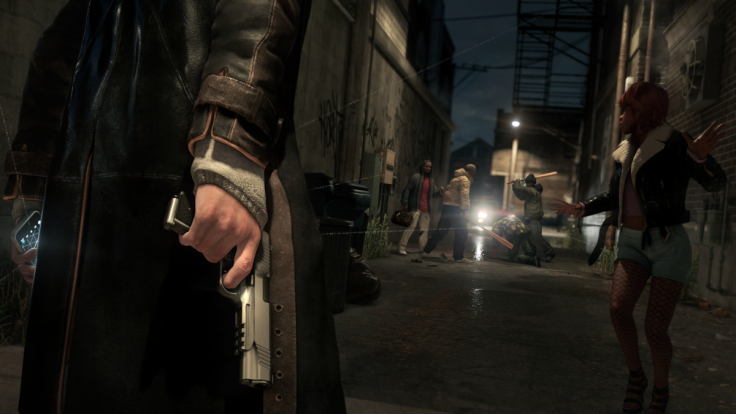Watch Dogs Interview: Writer Kevin Shortt on Techno Thriller and Influence of Snowden

Watch Dogs taps into the nature of our connected lives by giving one man (with a thirst for vengeance, naturally) the tools to delve into the personal lives of a city full of people and bend that city's infrastructure to his will.
It was roughly a year after the game's initial reveal at E3 2012 that Edward Snowden exposed the extent of US government surveillance on its own people, foreign leaders and probably your nan too. Suddenly the game was more relevant than ever.
Watch Dogs' core concept strikes a chord with the modern world, but will its story do the same? I spoke to the game's lead writer Kevin Shortt about the highly-anticipated game.
- How did you approach the story of Watch Dogs?
My first thoughts when considering the story were all around privacy. What kinds of secrets do we keep? What's the corporate role in privacy? Or the government's role? Pierre Trudeau famously said there's no place for the state in the bedrooms of the nation. Yet that's where our world is turning today.
For Watch Dogs, we are dealing with a protagonist [Aiden Pearce] who can hack into anyone's private information and learn highly personal details. Is that right? Is it dangerous? What freedoms do we give up when we connect ourselves more and more to the network? These are questions we must all grapple with today.
- How does Watch Dogs differ from the other games you've written?

The sheer scope of Watch Dogs is the biggest difference. The minute you place a vast open world in a major city like Chicago, you need to populate the city with credible people. Add to that a hacker who can breach anyone's phone and you need to create content on the other end of that phone. We needed to find a way to elevate our NPCs beyond pixel colour on the street. They needed to suggest real people.
Aiden is able to access facial recognition software that allows him to profile any NPC in Chicago. Each profile is unique and provides intimate details that allow players to get a glimpse into the life of these NPCs. They become living characters with their own personal issues. Designing that system was a complex task that took many brains but the results are unmistakable.
- The game was revealed a year before Edward Snowden's revelations; did his whistleblowing affect the game or your story at all?
When the news broke in June 2013 we had already locked and recorded our game story. As with everyone else, the revelations caught us by surprise, but we weren't shocked by the specifics. Our research had suggested this sort of behaviour was highly possible and likely.
- Do you believe the Snowden leak makes your story more relevant?

We chose our story precisely because it was reflective of the world we all live in. We're moving fast into new technologies that change our perspective on privacy. As we rush into this new frontier, we need to ask appropriate questions. Who is seeing our private details? Do we own our privacy anymore? The most significant thing the Snowden revelations did was to bring these topics to the front page of every news organisation across the globe. Overnight, this became everyone's water cooler discussion.
- What were your biggest influences?
Our influences came from many places. Of course there are topical novels, games and movies but as with most work, a lot of inspiration came from the world outside. Simply observing how we interact with the people around us. In the last decade, we've become a society that's moved a lot of our lives online. We have more "friends" than we've ever had and yet we're less connected to these friends than we used to be.
Now throw a protagonist into that world, one who has the world at his fingertips, can hack any detail about anyone, and yet he's so obsessed with his own personal goals that he's losing any connection with those people who should be closest to him. He's obsessed with protecting his family at all costs even if it threatens to destroy the very family he says he loves. That's an interesting conflict.
- Do you have plans in place to take the concepts of Watch Dogs further?

As we developed Watch Dogs, the focus was always to make sure this game was as strong as it could be. Before writing began, we needed to understand the world of Aiden Pearce, of ctOS and Blume. We researched and created backstory, established character goals, ambitions. We needed to understand everything beyond a single Watch Dogs game. So while we don't directly plan for a new game, we have created a universe that can support many new adventures. I would love to spend more time in the world of Watch Dogs.
- How do you think writing in games can improve?
Storytelling in games is getting better but we have a long way to go. It comes down to the types of stories we tell. Too often, we settle for tried and tested fantasies with conventional characters. Writing to these formulas isn't very honest writing and it risks becoming mechanical.
We need to stretch ourselves as an industry. Welcome more diverse writers, encourage stories that challenge the norms, that are risky and uncomfortable. Where are the homosexual heroes? The female anti-heroes? Why are we shy with characters of colour? Games demand a lot more of players than movies or books. We are asking players to embody a hero and relate to this person. That's certainly a challenge but it doesn't mean we should back away. If our stories start exploring more diverse topics, we'll encourage bold, fresh storytelling, and that will raise the bar for everyone.
Watch Dogs is out on PlayStation 4, Xbox One, PC, PS3 and Xbox 360 on 27 May
© Copyright IBTimes 2025. All rights reserved.



















